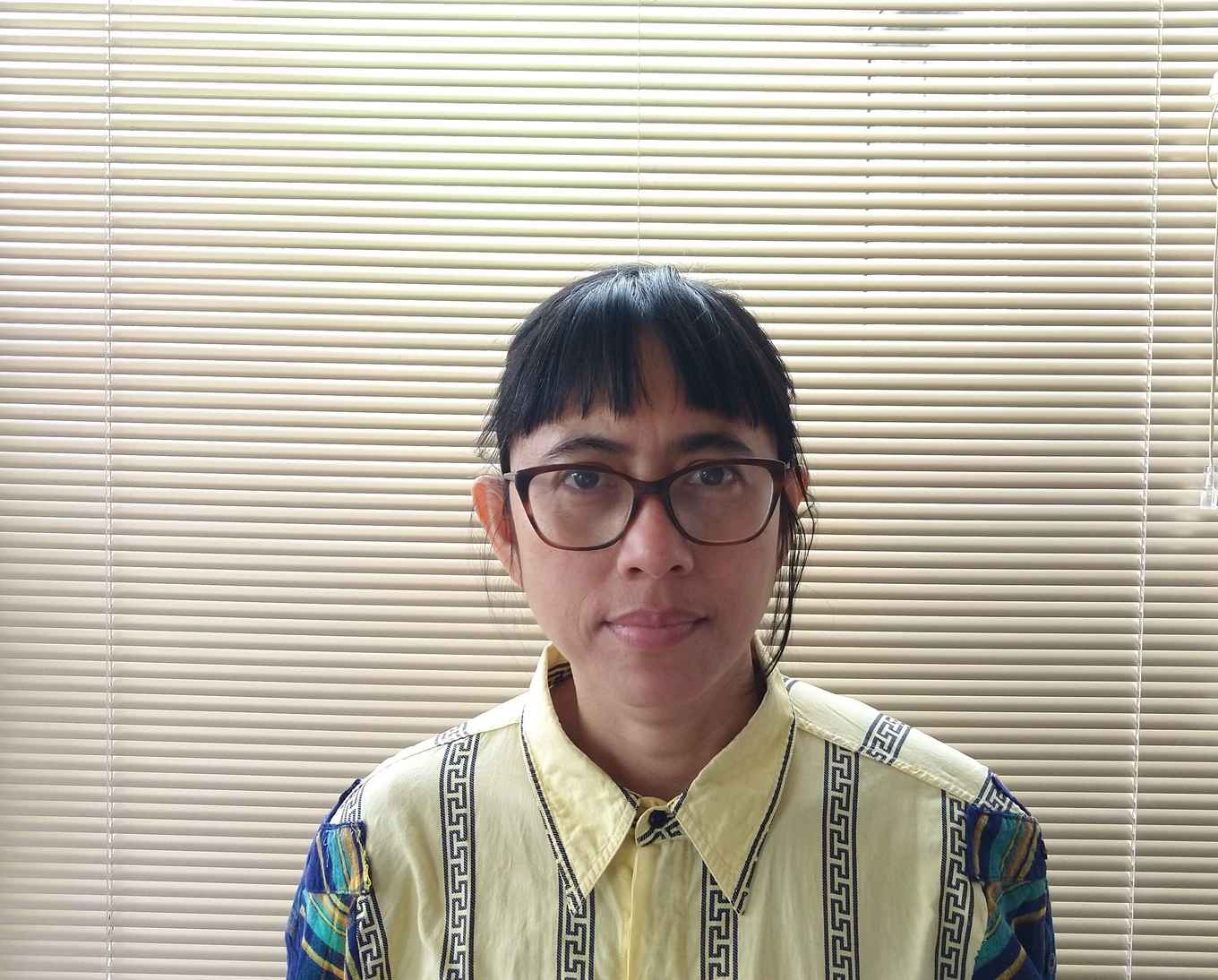New ASCA Member: Nuraini Juliastuti
26 March 2021

She obtained a PhD from Institute of Cultural Anthropology and Development Sociology, Leiden University in May 2019 titled Commons People: Managing Music and Culture in Contemporary Yogyakarta. Kunci’s long-term project includes the School of Improper Education. From 1999 to 2009, Kunci published Newsletter Kunci and mailing-list as public forums dedicated to discussing the contemporary cultural issues in post-1998 Indonesia. Through Kunci, she is affiliated with Inter-Asia Cultural Studies, Arts Collaboratory, and Global (de) Centre. She published numerous book chapters and articles. Her latest article, “The Studying-turn: Free Schools as Tools for Inclusion” is published in an edited volume The Force of Art (Valiz, November 2020). Her individual and collective works have been presented and published in Haus der Kulturen der Welt, Neue Gesellschaft für bildende Kunst, Asia Cultural Centre, Para Site, Inter-Asia Cultural Studies, and Critical Times. Kunci curated Made in Commons which was exhibited at the Stedelijk Museum Bureau Amsterdam in 2013. In 2016, Kunci and Para Site published an anthology of migrant workers’ writings titled Afterworks Readings. Outside within the Colonial Theatre: An Audio Guide was presented during a research residency in Tropenmuseum in 2017. Letters: The Classroom is Burning, Let’s Dream about a School of Improper Education is a chapbook which is recently published by Ugly Duckling Presse in 2020. In 2020, she joined University of Amsterdam with a Postdoctoral Fellowship in Worlding Public Cultures: The Arts and Social Innovation at the Amsterdam School of Cultural Analysis. During the fellowship, she develops a research on independent initiatives which work to develop radical visions of community-based living strategies through practising radical pedagogies and ecological archivist thinking. She also develops Domestic Notes, a publication-based project uses domestic and migrant spaces as sites to discuss everyday politics, organisation of makeshift support system, and alternative cultural production. With her family, she runs a small press, Reading Sideways Press, to publish works and translations on arts, sports, and literature.